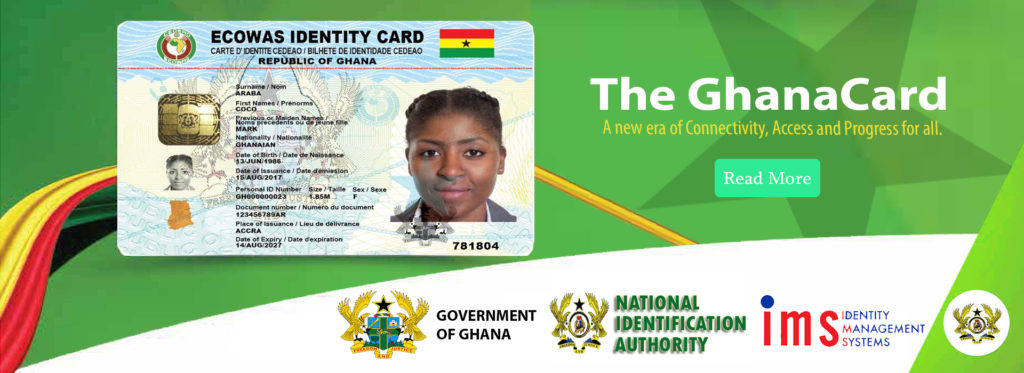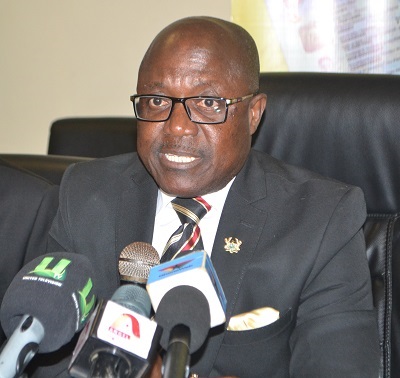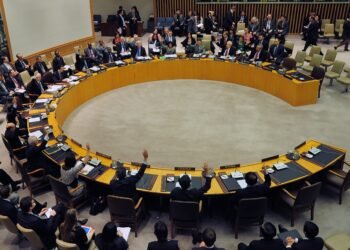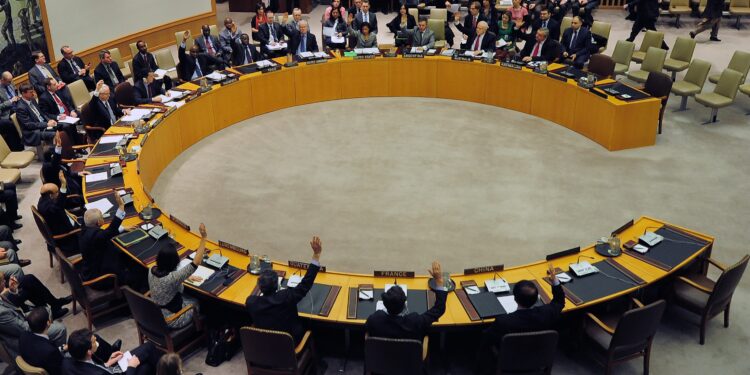Executive Secretary of the National Identification Authority Professor Ken Attafua has said that there is a “strong commercial component” in the operations of the National Identification System (NIS) Project.
He indicated that, government will gain revenue through this venture when banks, telecommunication companies, other agencies and individuals request information from the Authority to verify the identity of their clients.
“Verification services by banks and Telcos and all the other user agencies… for example you may want a data set as a former dean of GIMPA Law School. You may want a data set of all persons who describe themselves as being products of GIMPA Law School or who describe themselves as natives of Dwaso Asante Akyim. Now when you request for that data set, it will be sold to you and that will be a revenue source for the government.”
Prof Attafuah pointed out that, acquiring the Ghana card for the first time as a Ghanaian is free but renewals, which will be due every ten years are subject to payments.
“For the Ghanaians, it is hundred per cent free on first issuance… no matter who you are, {it doesn’t matter if} you can afford to pay for it a million times… its free…” however “when you come for renewal then you will pay.”
He, however, didn’t comment on how much renewables will cost in the future.
According to him, the project, which is “estimated” to cost $1.2 billion over a “fifteen year period” is financially viable enough to sustain itself.
Emphasizing the above, Prof Attafua indicated that, the NIS Project, which is a Public Private Partnership (PPP) Agreement “is designed to pay for itself.”
He, therefore consented to the point that, a portion of the estimated 1.2 billion will be payments by citizens for renewables across the fifteen year period.
He added that, “There are two kinds of cards being issued at the moment. There are cards being issued to foreigners who are lawfully resident in the country that is those who are… 90 days and beyond in the country. They get the Ghana Card under the foreigner identification management system project and it is compulsory by law and they pay $120 for the card.”
Out of the $1.2 billion, the NIA will bear $531 million while the private partner Identity Management Systems limited (IMS) will take the remaining $678 million. The initial contribution by the partners were $124 million and $169 million by the Government of Ghana and IMS, respectively.
Several years of dallying by the state to implement a working National Identification System came to an end in 2017, when the current administration “directed the National Identification Authority (NIA) to engage with Identity Management Systems Ltd (IMS), a subsidiary of the Margins Group, to ensure the efficient roll-out of the National Identification System (NIS) Project.”
According to Prof Attafuah “since 2018… we have enrolled 11,909,861 Ghanaians. We have printed 11,808,426 cards and we have given out or issued 11,187,062 cards.”

A couple of days ago the Executive Secretary of the NIA made it known that Ghanaians who could not be captured in the mass registration exercise nationwide will have to pay GH¢100 if they want to be registered at home or in their offices.
“Organisations can write to the NIA through the Executive Secretary for us to come and do institutional registration”, Prof Attafuah told Accra-based Joy FM, adding: “That is at a fee of GH¢100 per person.”
“You can also invite us to your home as long as the persons in your home are more than five. We can come and register at home also at a fee of GH¢100 per person”, Prof Attafuah noted.
In addition, he said that the cost of the logistics required and the distance covered will also be borne by the applicant.
“There is also premium registration, which is available. We set up a centre at Movenpick or Golden Tulip or wherever, where we can go and register at a fee of GH¢250. There are options but all that we do at the mass registration centres are all free,” Prof Attafuah said.




















